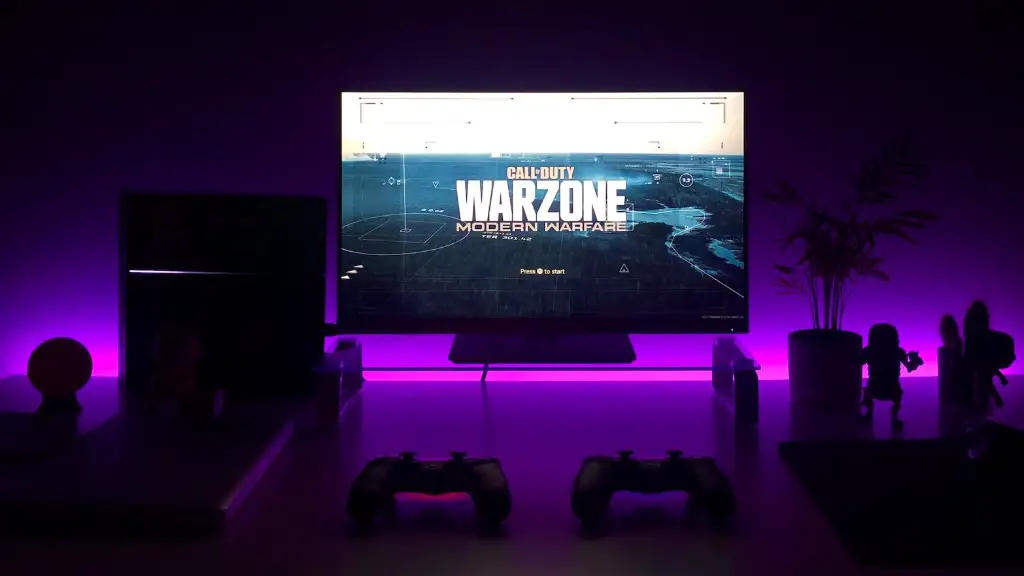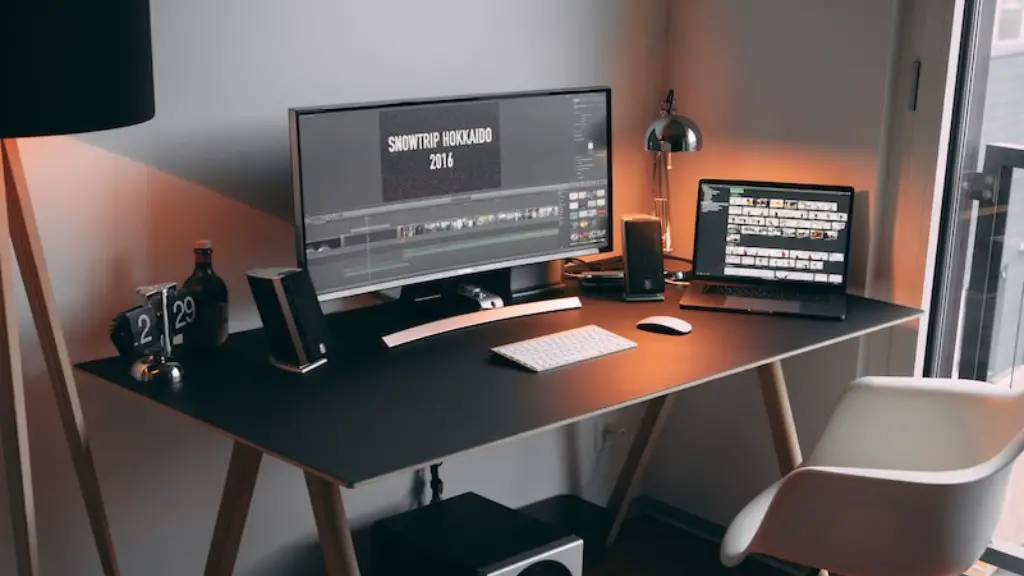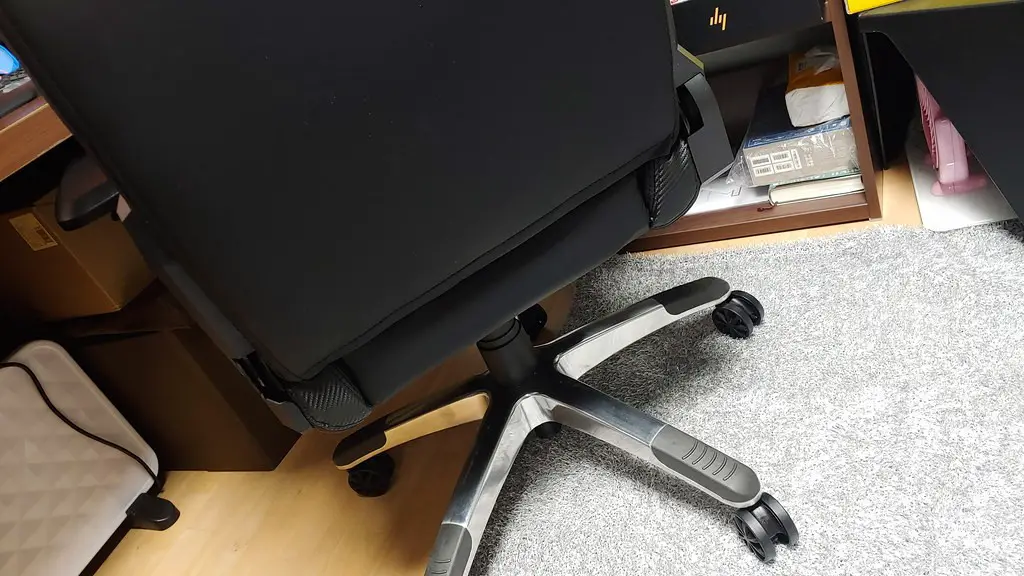Building a fast gaming PC can be a daunting task. That said, there are plenty of steps one can take to create the ultimate gaming machine. With the right parts, some know-how, and a little bit of patience, anyone can build a fast gaming computer. Here’s how:
First, you’ll need to choose the right components. When it comes to gaming computers, power is key. Look for the best CPU, GPU, motherboard, and RAM that fits your budget. It’s also important to find a good power supply with enough wattage to handle your system’s components. Additionally, don’t forget to pick up a high-quality cooling system to ensure your parts don’t overheat.
Next, assemble the parts. To ensure the best results, take your time while building your PC. Follow the instructions in the motherboard and case manuals, and ensure that all components are securely mounted. Also, be sure to connect the component cables in the correct order and orientation.
Once the hardware is assembled, you can install the operating system and any drivers. Installing the OS can be a bit tricky, so be sure to read the entire guide before beginning. After that, you’ll need to install your drivers. Be sure to get them from the manufacturer’s website, as outdated drivers can cause compatibility issues.
Once everything is installed, the final step is to overclock your components. This increases the components’ performance, but can also be risky if not done correctly. To overclock safely, start with small increments and ensure that the system remains stable. Additionally, use a temperature monitor to ensure that none of the parts are being overworked.
Now that you know how to build a blazing-fast gaming PC, it’s time to go out and put your new machine to the test. Whether you’re playing the latest AAA title or streaming your favorite games, you’ll be certain to have an amazing time. Enjoy!
Beyond Building the Machine – Optimizing Performance
Having a fast gaming computer is great, but it’s important to remember that optimizing your system’s performance is key. Depending on your rig, this could involve a number of different steps. One of the most common optimizations is updating your system’s drivers. This improves the communication between your hardware and software and can make a considerable difference in game performance.
Another way to boost your gaming experience is to upgrade your components. Upgrading your RAM and graphics card will always provide noticeable gains in performance. Similarly, installing a new CPU and/or motherboard can be beneficial, but can also be difficult depending on the socket type and other components you’re using. As such, it’s important to do your research beforehand on what components will best fit your system.
Beyond that, you can optimize your system with overclocking. This process can only be done on some parts, like CPUs and GPUs, and requires careful setup. If done correctly, it can boost your system’s performance without incurring too much risk. Alternatively, you can purchase a PC cooling or maintenance software. These programs offer enhanced performance by using algorithms to analyze your components and make necessary adjustments.
One final optimization to consider is adding additional storage. Increasing your hard drive space can make a world of difference in load times and game performance. Furthermore, this is an easy upgrade, as you can add additional storage capacity by simply plugging in a new hard drive or solid-state drive.
Installing Games and Other Software
Now that you’ve built your fast gaming PC, your next task is to install your games and software. To get the most out of your rig, it’s important to install your games on an SSD. This allows the game to load quickly and eliminates the potential for game lagging or freezing. Additionally, a 1TB or 2TB hard drive is necessary for storing game saves, mods, and other large files.
Beyond your games, you can also install other software to enhance your gaming experience. Streaming software such as OBS helps boost your stream’s quality and can help facilitate smooth gameplay. For gamers with multiple monitors, programs like NVIDIA’s G-SYNC and AMD’s FreeSync will help game visuals look sharp. Additionally, API-based apps such as MSI Afterburner or Liquicity’s GPU Tweak are great for monitoring your system’s performance and adjusting settings.
Finally, you can also look into gaming peripherals such as mice, keyboards, and controllers. These can give your gaming experience a major boost. For example, a high-end gaming mouse can make a world of difference in terms of responsiveness, while a good mechanical keyboard can provide tactile feedback and make it easier to type. Peripherals like this will come in handy regardless of what type of game you’re playing.
Maintaining Your PC
Maintaining your system helps preserve its performance. Check your thermals regularly to ensure your components aren’t overheating. Upgrade your coolant and add fans to your case for optimal cooling. Additionally, make sure to test your hardware for stability and run diagnostics often.
Keeping your drivers up to date is also important. This ensures your games run as smoothly as possible and that you’re receiving the best performance out of your hardware. Finally, be sure to defragment your hard drive every now and then to improve load times and keep games running smoothly.
Considering Alternatives
If all the steps involved in building your own PC seem too daunting, you can opt for a PC pre-built by the manufacturer. Many of the top builders, like Asus and HP, offer gaming PCs with pre-installed components and customized cooling that are ready to go right out of the box. Even with pre-made machines, it’s important to keep everything up to date, clean, and cool. Additionally, you can purchase cooling solutions, peripherals, and additional storage tailor-made for your system.
Budget Constraints and Future Plans
When building your gaming computer, it’s important to stick to your budget. While more powerful components cost more, it’s possible to build a great gaming PC without breaking the bank. Have patience, as it can take some time to find the best deals. Additionally, consider future-proofing your build. Investing in components that are built to last ensures your system’s performance won’t dip after a few years.
Finally, keep in mind that building a gaming PC is an iterative process. Don’t be afraid to upgrade your components as needed. With a little bit of patience and the right know-how, you can create the ultimate gaming machine.


